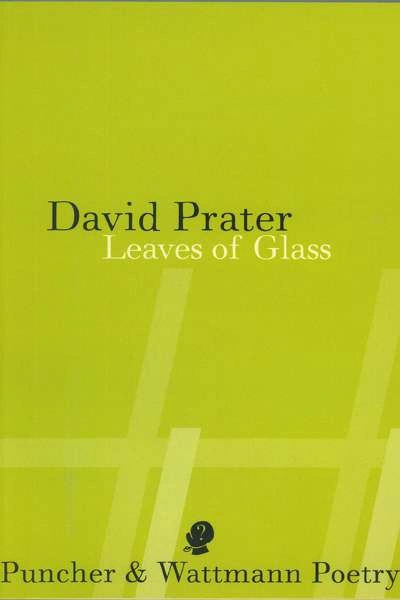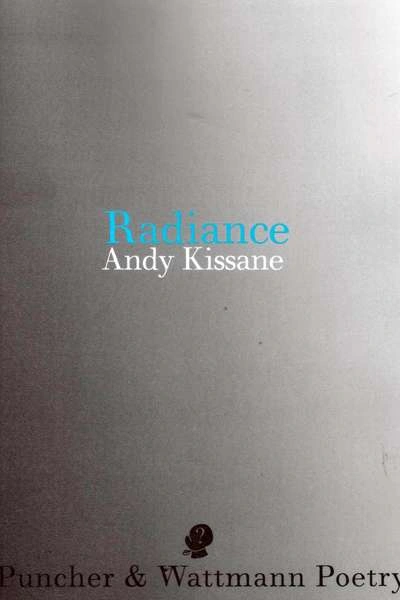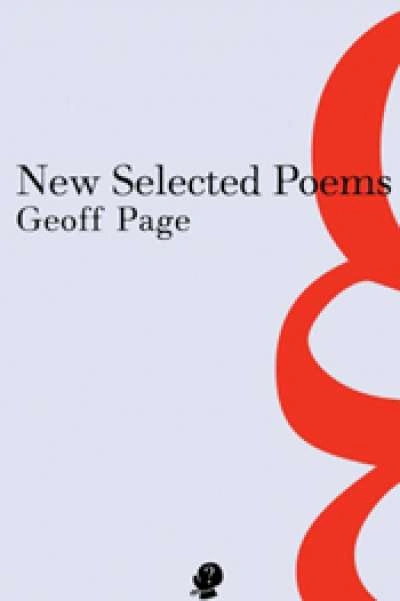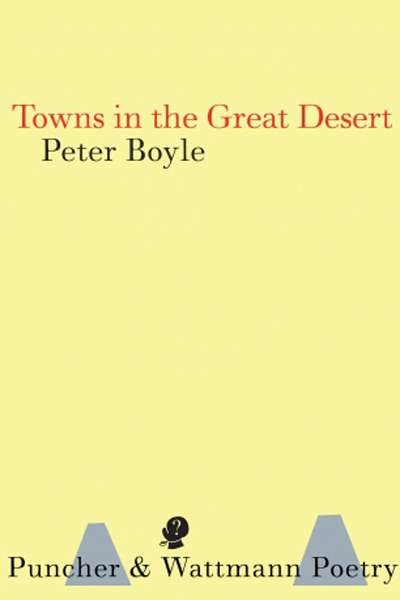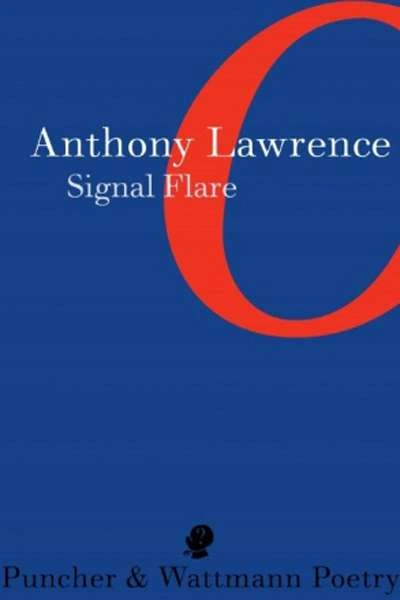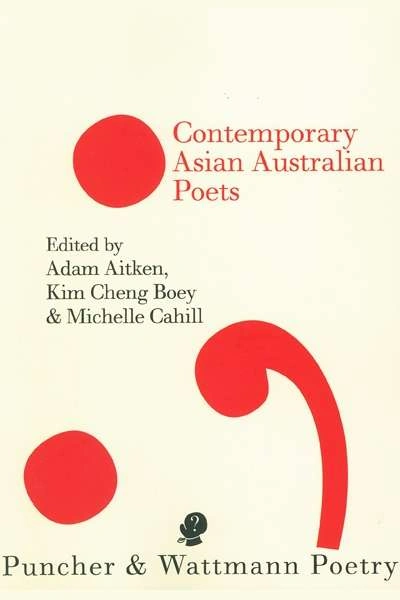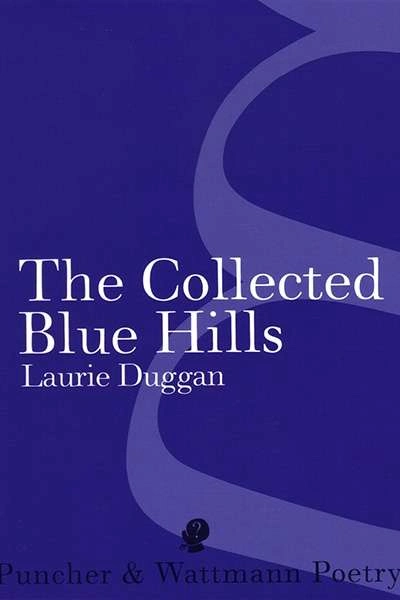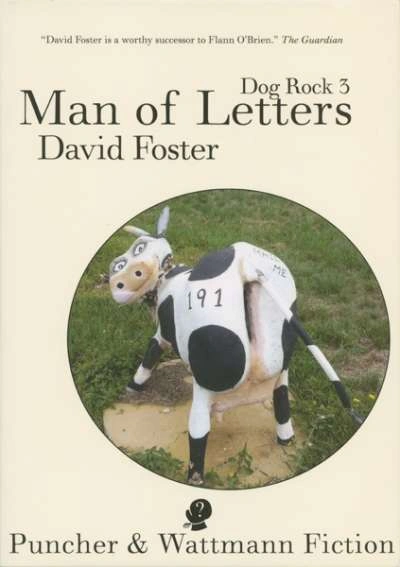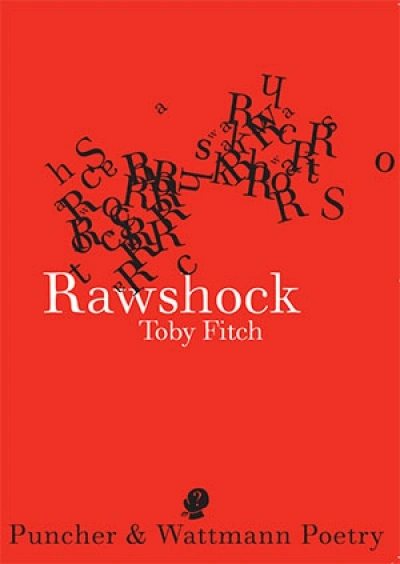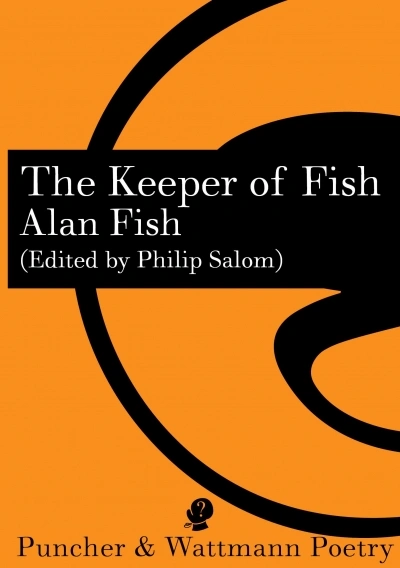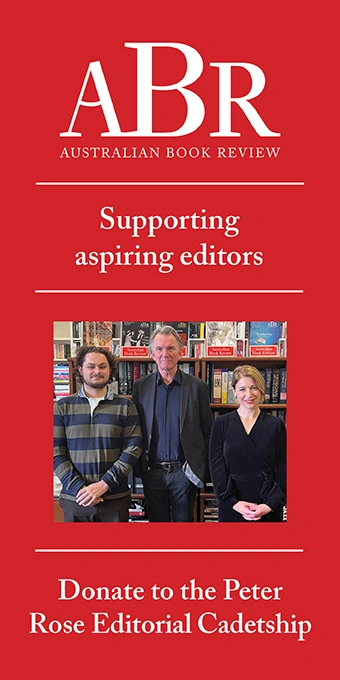David Foster’s earlier Dog Rock novels came out of his experience as a Bundanoon postman in the 1980s. A recent brief return to his old run has provided irresistible material for a further comic foray into rural life. Dog Rock: A Postal Pastoral (1985) and The Pale Blue Crochet Coathanger Cover (1988)observed the changes in a country village under the rather flimsy cover of murder mysteries, but Foster sacrificed his postman, D’Arcy D’Oliveres, to the task of narrating The Glade Within the Grove (1996). Now, a few years after the immense achievement of Sons of the Rumour (2009), D’Arcy rides his Honda 90 again. Of course, readers need to overlook the fact that D’Arcy died of lung cancer before he could finish The Glade Within the Grove. But D’Arcy’s death is not fact, it’s fiction – so he can rise from the dead, without any need for miraculous cures or mistaken identities, to narrate Man of Letters. In this novel, he tells the locals of Dog Rock that he was dead and buried ‘only in a manner of speaking’.
...
(read more)


